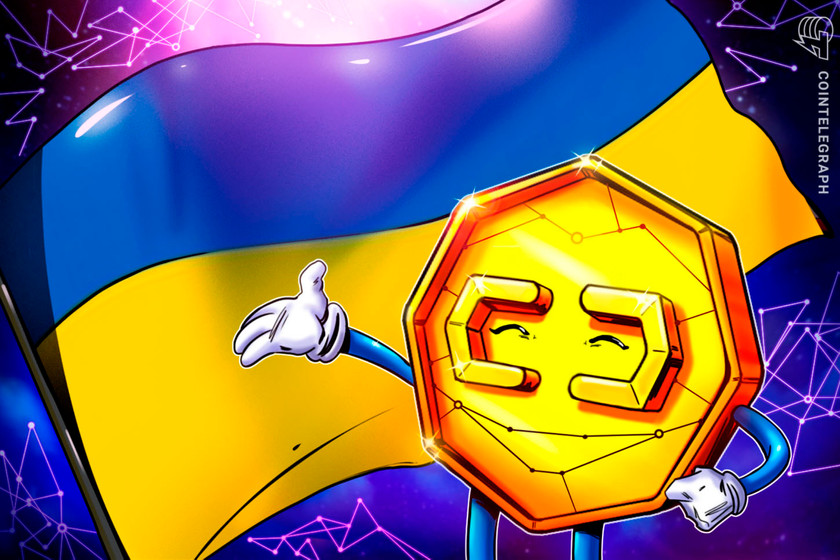European banks head into another weekend of uncertainty as default risks surge


An indicator of European bank default risk soars and stocks tumble on March 24 amid renewed fears surrounding the financial system.
European banks are going into the weekend with renewed fears surrounding their future, as shares of Deutsche Bank plunged over 7% on the New York Stock Exchange on March 24 after a down day on Frankfurt’s markets.
Deutsche Bank shares were impacted by an increase in the cost of insuring against its potential default risk. The German bank’s five-year credit default swaps, known as CDS, climbed 19 basis points (bps) from the previous day, closing at 222 bps, according to Reuters, which cited S&P Global Market Intelligence data. On March 23, the bank’s CDS rose to 173 bps from 142 bps the previous day.
According to Investopedia, a credit default swap allows an investor to swap or offset their credit risk with another investor. Lenders concerned about a borrower’s default often use a CDS to hedge that risk. During periods of uncertainty, market participants generally assign a higher price to protection.


Fears about European banks are not limited to Deutsche. UBS’s five-year CDS reportedly jumped up 14 bps on March 24 to close to 130 bps, just a few days after the company acquired troubled competitor Credit Suisse for $3.25 billion as part of an “emergency ordinance” to prevent financial market instability in the region. Under the agreement, the Swiss National Bank has committed to providing UBS with over $100 billion in liquidity.
The rescue of Credit Suisse has not stemmed widespread investor uncertainty about the European banking system. On March 24, shares of Commerzbank declined by as much as 9%, while Société Générale and UBS tumbled over 7% in European trading. Deutsche shares are down over 25% in the past 30 days.
Related: Banks and the Fed have a problem — What about crypto?
“Deutsche Bank [situation] indicates that we are only at the beginning of what looks to be a widening crisis within the Global Banking System,” Danny Oyekan, CEO of digital investment firm Dan Holdings, told Cointelegraph in a written statement. “This shouldn’t be all that surprising given the whipsaw of going from a zero-interest-rate environment to the fastest rate hikes in recent history. So many banks got caught up in a duration trap of sorts, having bought long-dated bonds that have since seen their value eviscerated by the Fed’s rate hikes.”
One of the banks trapped in this environment was the U.S.-based Silicon Valley Bank, which collapsed on March 10, requiring regulators in the United States and the United Kingdom to curb a potential ripple effect across the banking system. However, a similar failure for Deutsche Bank or other European banks is unlikely to happen, according to Ilya Volkov, CEO of the Swiss fintech platform YouHodler. In a comment to Cointelegraph, Volkov said:
“Silicon Valley Bank was not subjected to the Liquidity Coverage Ratio (LCR) as banks are in Europe. The LCR requires banks to keep enough high-quality liquid assets (HQLA) on hand. This is so that in the event of a high-stress scenario, these assets can be sold to fund banks.”
While the banking industry struggles with uncertainty, Bitcoin (BTC) continues to trade near $28,000 at the time of writing, gaining roughly 17% in the last 30 days. “Bitcoin has performed well in this environment, and this is a testament to its value as a decentralized and secure store of value with a limited supply,” said Oyekan.
Magazine: Unstablecoins: Depegging, bank runs and other risks loom























